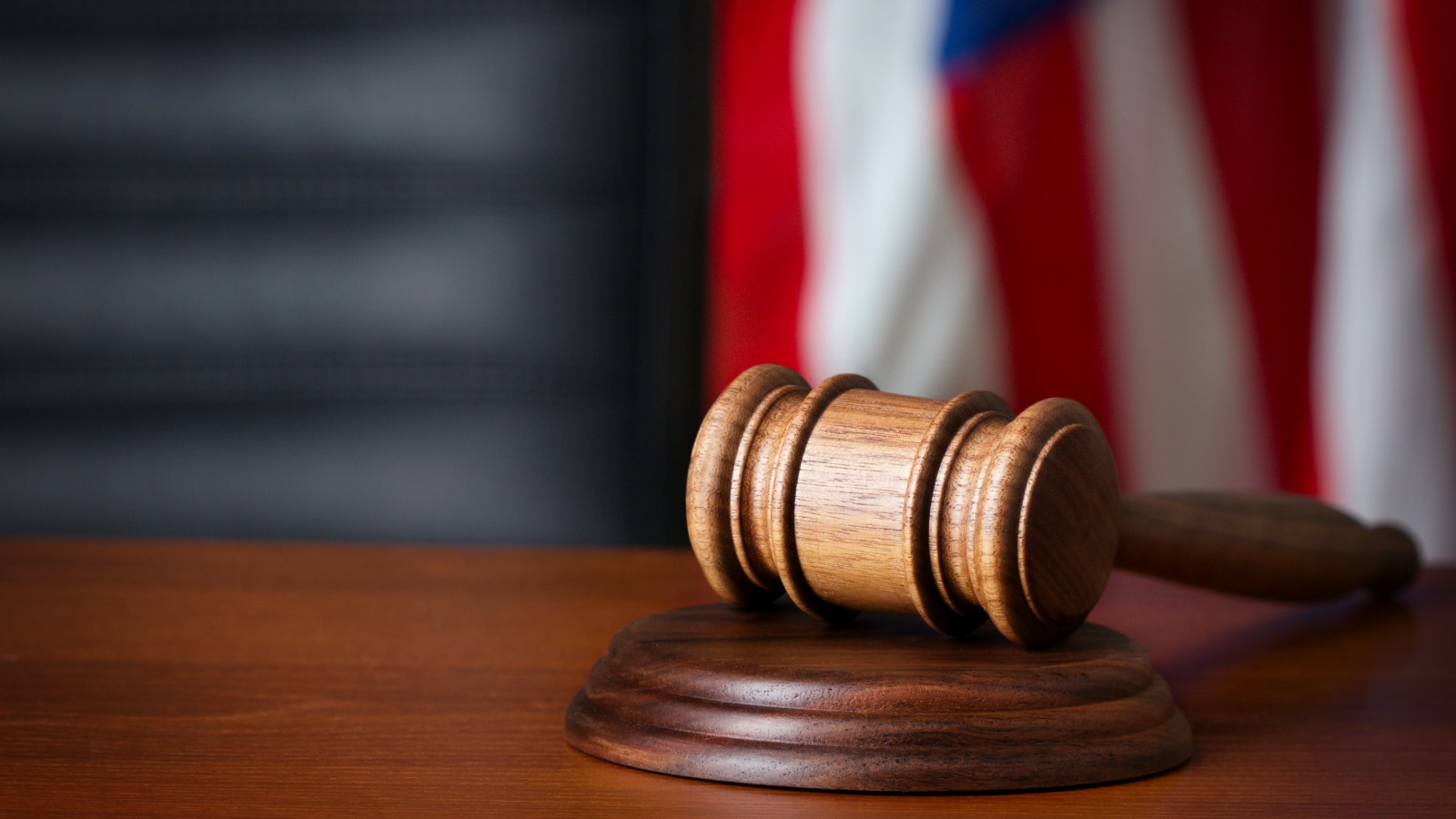It had all the makings of a volume of The Hunger Games: Aji and Adonis Piper. Wren Wagenbach. The rest of the scrappy eight, bucking the will of the elders; fighting tooth and nail toward an ultimate victory against foes that are saddling us with a smog-ridden atmosphere and rising seas. The best part — just like most children’s books — is that there’s a happy ending: The kids won. (Kind of. But we’ll get to that in a moment.) We’re talking, of course, about the suit that a group of Seattle-area teenagers brought against the Washington State Department of Ecology, claiming that it’s the government’s responsibility to protect future generations from the effects of climate change.
And this isn’t the only case of its kind: Over the past year or so, a small handful of cases have cropped up in the Pacific Northwest in which coalitions of kids (backed by groups like Our Children’s Trust and Plant for the Planet) have filed petitions and complaints against state and national agencies in the name of environmental negligence. In addition to the Washington case, last August a youth coalition in Oregon filed a lawsuit against President Obama and his administration for bolstering the fossil fuel industry in the face of a changing climate.
The kids’ petition was originally denied in August 2014, when the Dept. of Ecology argued that it was already doing enough to fight climate change. But in November of this year, Our Children’s Trust brought the case back to the King County Superior Court. The primary objection of the suit was that the Dept. of Ecology was failing to use “the best available science” to construct a CO2 emissions-reduction rule — and as a result, the restrictions were subpar.
Late Thursday night, Superior Court Judge Hollis R. Hill ruled that Washington’s government has “a constitutional obligation to protect the public’s interest in natural resources held in trust for the common benefit of the people of the State.” In doing so, Judge Hill clarified that the Dept. of Ecology has a “mandatory duty” to construct carbon emissions-limiting standards that will “preserve, protect, and enhance the air quality for the current and future generations.” That certainly has the feel of a win.
The “best available science” bit? Not so much. Silver linings aside, the Superior Court actually ruled against the kids on that front (the reason the case was still in court in the first place). Going forward, all eyeballs will be on whatever rule the Dept. of Ecology actually promulgates. If the standards aren’t rigorous enough, it will likely find itself back in the courtroom.
“This ruling means that what the Dept. of Ecology does going forward in its rulemaking has to protect us, the kids of Washington, and not just us, but future generations too, like my children and those to come. Now they can’t decide to protect short-term economic fears and ignore us because we have constitutional and public trust rights to a stable climate!” said 13-year-old petitioner Gabriel Mandell in a press release.
Across this crop of climate change lawsuits, the petitioners’ arguments are primarily made on grounds of constitutional and human rights — so you’ll forgive some rather grave rhetoric from a 13-year-old. Frankly, we’ll take that over a message communicated entirely in emoji via Snapchat any day.
Update 23 Nov. 2015: Clarified implications of verdict.



